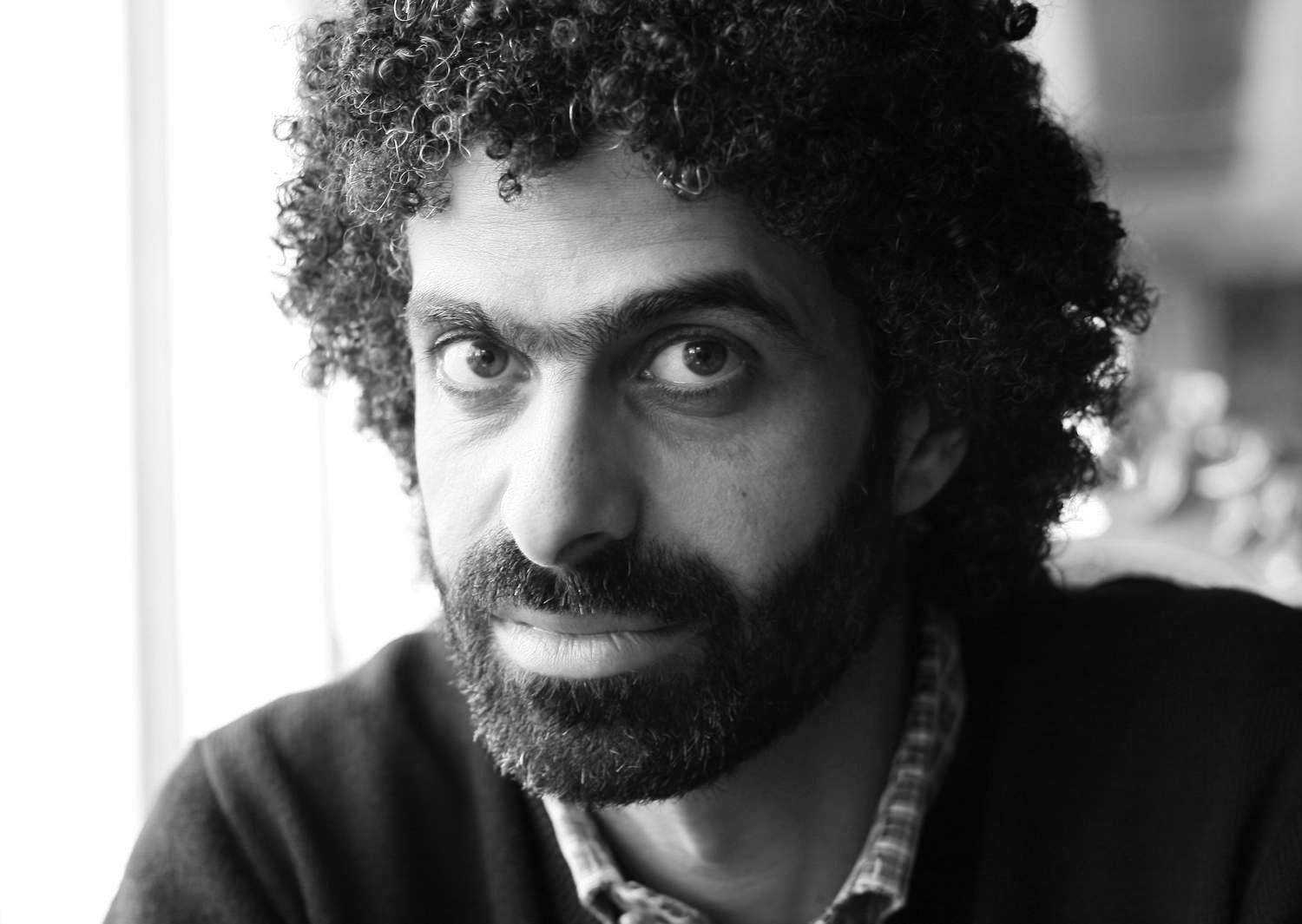By Philip Whitfield
CAIRO: The irony of it. What President Obama failed to do in three years, Field Marshall Tantawi achieved in half an hour: Uniting the disparate Democrats and Republicans in Congress. More than 40 signed a letter saying future aid to Egypt hangs in the balance.
Currently there’s no way to certify the conditions for military aid are being met, the Washington Post reports, quoting a senior administration official: We’ve told the Egyptians we’re in a very difficult situation.
The Egyptian mission to the United States is on the rocks. SCAF’s top brass is holed up in Washington DC forced to extend their planned seven-day stay.
Tit-for-tat? Not really. But the labyrinth of diplomacy conceals a multiplicity of maneuvering. Egypt prevents at least six Americans working for NGOs helping Egypt towards democracy from leaving Cairo. America keeps a similar number of Egyptian military negotiators in Washington for more talks.
Football supporters are slaughtered en masse in Port Said while the security forces stand idly by.
Senator Patrick Leahy, a leading member of the Senate Appropriations Committee and Chairman of the Subcommittee on State and Foreign Operations says: We want to send a clear message to the Egyptian military that the days of blank checks are over… Congress could block future aid unless changes are made.
Leahy said if the Egyptian government pressed what he termed ‘its assault on the NGOs’ it would mean that several certification requirements could not be met. He underlined the $1.3 billion the US gives Egypt in military aid is at stake.
The question now is whether the United States will stand by and allow the Pakistani model of military dominance and a hobbled civilian government to be replicated on the Nile, according to two insiders: Dr. Michele Dunne the director of the Atlantic Council’s Rafik Hariri Center for the Middle East who served in the White House on the National Security Council staff, on the State Department’s Policy Planning Staff and in its Bureau of Intelligence and Research, and in the US embassy in Cairo and Shuja Nawaz also an Atlantic Council director.
They say there are three conditions for continuing military aid to Egypt: 1) Maintaining peace with Israel; 2) Allowing a transition to civilian rule; 3) Protecting basic freedoms. Only the first is apparent, they say.
Secretary of State Hillary Clinton can’t sign off on the aid package unless she’s assured SCAF meets benchmarks of democratic reform.
We are very clear that there are problems that arise from this situation that can impact all the rest of our relationship with Egypt, she said after meeting the Egyptian Foreign Minister Mohamed Kamel Amr on the sidelines of an international security conference in Munich on Saturday.
We do not want that, Clinton said. We have worked very hard the last year to put in place financial assistance and other support for the economic and political reforms that are occurring in Egypt, she said. We will have to closely review these matters as it comes time for us to certify whether or not any of these funds from our government can be made available under these circumstances.
Clinton says the travel ban on NGO staffers must be lifted and the NGOs should be allowed to reopen their offices, their property must be returned; an investigation of their activities ended and the NGOs should be registered without conditions.
Diplomatic exchanges between the US and Egypt are testier than ever.
What should be done?
The military’s primary role should be to secure the national borders. The talk in Cairo is of huge quantities of guns smuggled in from Libya. That might explain the spate of bank robberies, kidnaps and ransom demands. Criminal gangs appear to be using the security vacuum to step up their terrorist activities.
The northern border is a problem as well. Sinai is insecure.
Both border security operations could be assisted by America’s high-tech surveillance and intelligence.
In the cities and towns, SCAF has a role to play assisting the police to secure banks and to deploy the number of forces required to ensure the criminals are kept locked up.
The police need training to manage the unstable situation. European governments have more experience than America handling urban terrorism. It is for the Egyptian government to approach the EU to see how fast their expertise can be used to bring the Egyptian police up to speed.
To alleviate Congress’s concerns, the parliament should review the conditions under which NGOs can operate in Egypt and the NGOs should agree to restrict their activities to educating democracy advocates.
The Muslim Brotherhood and other Islamist groups will be suspicious. They fear America and its allies use NGOs as a backdoor entry for covert activities. Those fears need to be assuaged.
Likewise the Islamist recipients of foreign aid should come clean. What’s sauce for the goose is sauce for the gander.
But the security situation is so dire that failure to act immediately may plunge the country into an abyss.
Calls to bring the presidential elections forward are apposite. SCAF’s leadership has fallen short of what was expected. A civilian leadership is required as soon as possible. That means a new constitution needs to be drawn up and passed by the elected representatives Egypt’s voters have sent to parliament to do that.
Procrastination has to come to an end. We need to move forward, says Amr Moussa, a contender for the presidency.
More than that, however, the people who began the revolution have a duty to regroup and to consolidate behind their own candidate for the presidency. The Muslim Brotherhood is evasive concerning the presidency.
Egypt needs transparency. It needs an early opportunity to register its support for a future president that will put stability and safety at the forefront of the political debate.
The spirit of democracy is not a mechanical thing to be adjusted by abolition of forms. It requires change of heart — Mahatma Gandhi.
Philip Whitfield is a Cairo commentator.


